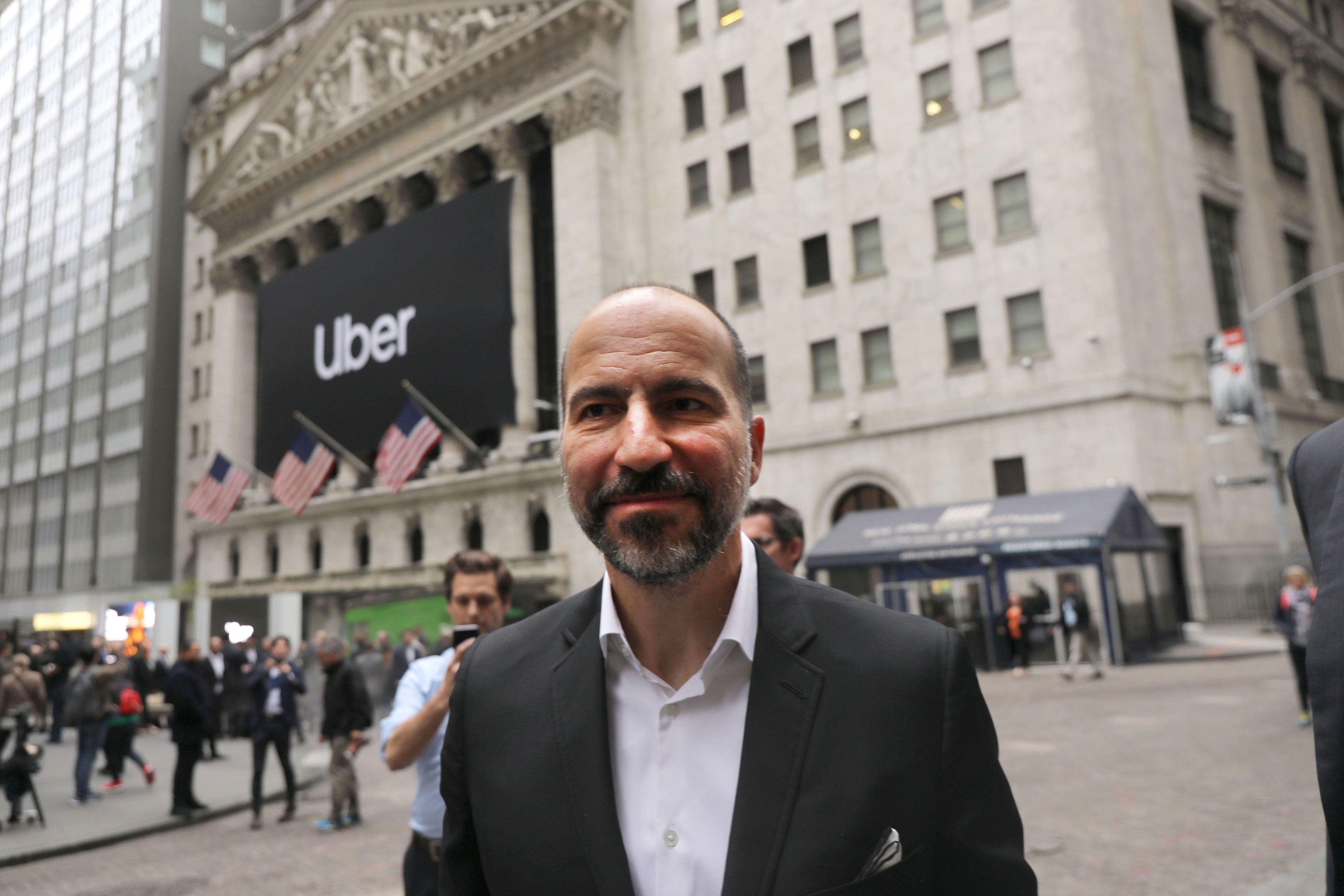If you enjoy this newsletter, be sure to check out TechCrunch’s venture capital-focused podcast, Equity. In this week’s episode, available here, Crunchbase News’ Alex Wilhelm, TechCrunch’s Connie Loizos and I chat with blogging pioneer and True Ventures partner Om Malik about the on-demand economy, Carta’s big raise and more.
Business
Startups Weekly: Venture capitalists are crazy for cannabis

Lately, my inbox has been chock-full of pitches for weed businesses.
A couple of years ago it was bitcoin/blockchain startups, then came scooters; now, it seems “CannTech” is hitting an all-time high thanks to support from venture capitalists. By the way, I didn’t make up the term CannTech, but it seems just as good as anything else, so I’m rolling with it.
According to data collected by PitchBook, VCs have put $1.2 billion in U.S.-based cannabis companies so far in 2019. That’s significantly more than last year’s record high of $836 million, and we aren’t even halfway through 2019.
At this rate, we can expect roughly $2.5 billion invested in CannTech in 2019, i.e. more capital invested in the space in a single year than has been funneled into the space in the last decade.
What’s going on? A few things. Of course, states are increasingly legalizing medical and/or recreational marijuana. That’s allowed companies like Eaze, a marijuana delivery company, to grow at unprecedented rates. The startup, for example, closed its Series C in December on $65 million and is already fundraising again, this time at a $500 million valuation.
In addition to legalization, VCs, and more importantly, limited partners, have woken up to the business opportunity of cannabis. Soon, gone will be the days of strict morality clauses that dissuaded VC firms from supporting startups focused on weed. The firms that were early to understand the space, like DCM Ventures or Snoop Dogg’s Casa Verde Capital, will reap the benefits.
Speaking of DCM, the firm put on a huge, first-of-its-kind summit this week focused on CannTech: “For three years I was struggling with a lot of pain issues,” DCM co-founder David Chao told the audience. “One day I was playing Xbox with Blake Krikorian [co-founder of Sling Media] and I said ‘you know Blake, I have this pain problem’ and he said, ‘oh, you should try pot.’ And I said ‘why should I do that? I haven’t smoked since college?’ “
Long story short, Chao can thank his friend Blake for making him aware of an exploding market, and he can thank DCM’s scrappy partner, Kyle Lui, for helping the firm score some major investments in the space, like Eaze.
“We were the first Sand Hill VCs to invest in cannabis and everyone started calling me saying ‘you’re crazy, why are you doing this?’ ” Lui said.
It’s still very early days in the CannTech space, but the market is expected to be worth as much as $80 billion by 2030. That can only mean interest will soar from here.
Want more TechCrunch newsletters? Sign up here.

Uber: It was a disappointing debut, to say the least. The ride-hailing business (NYSE: UBER), previously valued at $72 billion by venture capitalists, priced its stock at $45 apiece for a valuation of $82.4 billion on Thursday. Then it began trading Friday morning at $42 apiece, only to close even lower at $41.57, down 7.6% from its IPO price.
Slack: Not a whole lot of news to share here yet, other than that the workplace messaging business will host its investor day on Monday. It’s invite-only, though Slack, like Spotify, will live-stream the event to the public. More details on that here.
Luckin Coffee: The Chinese upstart going after Starbucks is set to debut on the Nasdaq under the symbol “LK.” In a new filing, Luckin said it plans to sell 30 million shares at an initial range of $15-$17. That gives an estimated raise of $450 million to $510 million, but it could be bumped up if underwriters take up the additional allocation of 4.5 million shares. So, as a grand total, the listing could raise $586.5 million if the full offering is bought at the top of the range.
Lyft: Not an IPO update but the company did release its first-ever earnings report. Here’s the TL;DR: revenues of $776 million on losses of $1.14 billion, including $894 million of stock-based compensation and related payroll tax expenses. The company’s revenues surpassed Wall Street estimates of $740 million, while losses came in much higher as a result of IPO-related expenses.
Harry’s razors are crappy, I’m told. Alas, the brand is worth $1.37 billion to Edgewell Personal Care, the company behind Schick and Banana Boat. Founded in 2013, Harry’s had raised about $375 million in venture capital funding. Edgewell says its $1.37 billion payment will break down to roughly 79% cash and 21% stock, giving Harry’s shareholders an 11% stake in Edgewell.

Meet Beat Saber, an eight-person startup with no funding that’s turned into VR’s biggest success story. Venture capital isn’t always the answer, folks.
Our premium subscription service was loaded with A+ content this week. TechCrunch contributor Jon Evans wrote a piece titled “Against the Slacklash,” wherein he makes the case that Slack isn’t inherently bad. “Rather, the particular way in which you are misusing it epitomizes your company’s deeper problems.” Plus, Eric Peckham asked nine top VCs, including Cyan Banister and Charles Hudson, to share where they are putting their money when it comes to media, gaming and entertainment.
-

 Entertainment7 days ago
Entertainment7 days agoI went to the ‘Severance’ pop-up in Grand Central Station. It was wild.
-

 Entertainment6 days ago
Entertainment6 days agoWhat’s new to streaming this week? (Jan. 17, 2025)
-

 Entertainment6 days ago
Entertainment6 days agoExplainer: Age-verification bills for porn and social media
-

 Entertainment5 days ago
Entertainment5 days agoIf TikTok is banned in the U.S., this is what it will look like for everyone else
-

 Entertainment5 days ago
Entertainment5 days ago‘Night Call’ review: A bad day on the job makes for a superb action movie
-

 Entertainment5 days ago
Entertainment5 days agoHow ‘Grand Theft Hamlet’ evolved from lockdown escape to Shakespearean success
-

 Entertainment5 days ago
Entertainment5 days ago‘September 5’ review: a blinkered, noncommittal thriller about an Olympic hostage crisis
-

 Entertainment5 days ago
Entertainment5 days ago‘Back in Action’ review: Cameron Diaz and Jamie Foxx team up for Gen X action-comedy

















